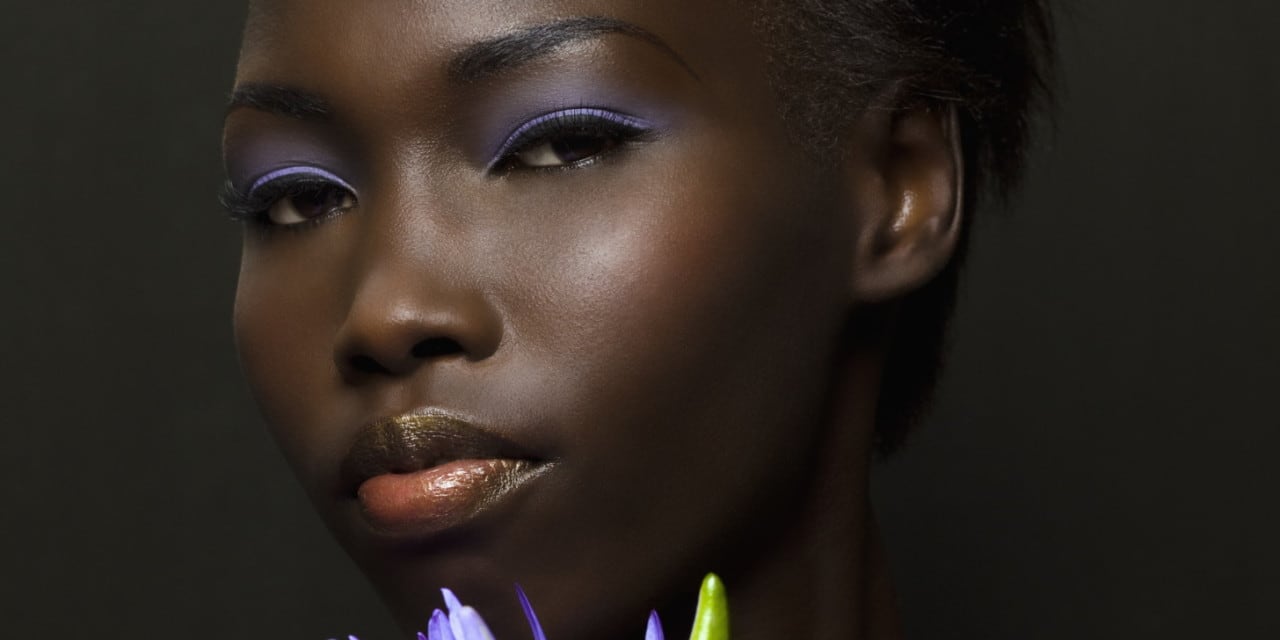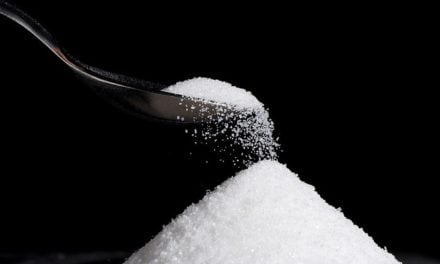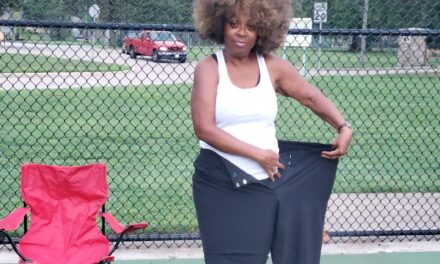When brown is not the color of beauty
Women with chocolate skin endure racism worldwide, but Africa has become home to a brand of colorism so extreme that women (and a few men) feel the need to risk their health to lighten their skin with range of high-powered, toxic products. In response, the government of Ghana has outlawed creams and lotions with a high hydroquinone content in the hopes of protecting people from the increased risk of cancer and the potential destruction of the skin’s natural, even tone that comes with the use of the skin bleach. Unlike skin products made in the United States (we have a 2 % hydroquinone limit), there are few, if any, limits for products made in other parts of the world.
Ghana’s government has the best intentions, but the policy may not make a difference, reports Liberian-born, New York Times writer Helene Cooper. She talked to women about the impact of the skin color- based discrimination (most often practiced by black men against black women) that they encounter on an almost daily basis and wonders if even a total ban on toxic products is enough to make a difference.
Semiratu Zakaru was standing in the hot sun on a crowded noontime street explaining why Ghana’s new ban against certain skin-bleaching creams was unlikely to work, when her friend, Desmond Kwamina Odonkor, walked up and interrupted our conversation, oozing confidence and game.
“You have to stop bleaching,” he said, sotto voce. Then he winked at her and sauntered off.
Ms. Zakaru, a 23-year-old hairdresser, rolled her eyes. His advice, in her view, was rubbish for the simple reason that “all of his girlfriends are light-skinned.” She said she wasn’t about to stop using the Viva White cream and Clinic Clear lotion that had, over the last year and a half, made her skin several shades lighter than her original chocolate-milk complexion.
Here in the heart of the multibillion-dollar industry of products in West Africa that are meant to whiten skin, it is a world of mixed messages. Women are now being told that it is wrong, and even illegal, to bleach their skin. At the same time, they are flooded with messages — and not even subliminal ones — that tell them that white is beautiful.
On Aug. 1, Ghana’s Food and Drug Authority began a ban on certain skin-whitening products that include hydroquinone, a topical ingredient that disrupts the synthesis and production of the melanin that can protect skin in the intense West African sunshine.
Photo: Thinkstock/Getty Images








